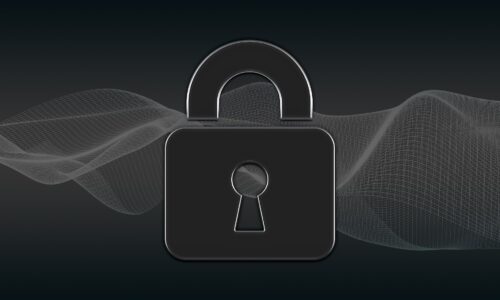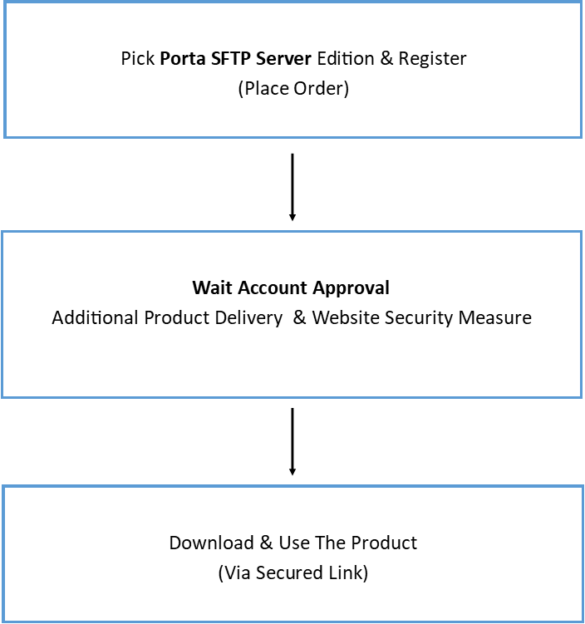By default people just only rely on the Security Socket Layer (SSL) and Transport Layer Security (TLS) for data exchange communications. Though these security measures are great, they will not eliminate the fact that malicious actors will not be able to intrude on your messages and files. With GNU Privacy Guard (GnuPG or GPG), it eliminates the said problem.
GNU Privacy Guard (GnuPG or GPG) is a free-software replacement for Symantec‘s PGP cryptographic software suite. The software is compliant with RFC 4880, the IETF standards-track specification of OpenPGP. Modern versions of PGP are interoperable with GnuPG and other OpenPGP-compliant systems.
GnuPG is a hybrid-encryption software program because it uses a combination of conventional symmetric-key cryptography for speed, and public-key cryptography for ease of secure key exchange, typically by using the recipient’s public key to encrypt a session key which is used only once. This mode of operation is part of the OpenPGP standard and has been part of PGP from its first version.
Wikipedia
In addition to the quoted above, this means that the sender will have to apply encryption using the recipient’s public key (trusted data receiver). The message or files can also be signed with the sender by its private key and will be verified by the recipient as it has the sender’s public key as well. These security controls will eliminate anonymous communication as both parties will need to develop a mutual trust relationship (You do not trust who you don’t know basically). With that said, GPG is extremely secure as it is used as a public key for symmetric data encryption that is protected by asymmetric keys. These keys are tied or bound to organizations or individual emails, usernames, and passwords for validations and authentications.
Why GPG is important?
Well imagine that you’re sending sensitive data to someone, this can easily be read if encryption is not applied. Also, If by mistake, you send sensitive information to someone, there is no way for you to really know if the recipient didn’t actually do a bad thing about the message. Those are some of the reasons why email & files and encryptions are very important to enforce. Furthermore, companies such as healthcare need to protect any identifiable information about the individual’s data (e.g., name, address, social security number or other identifying number or code, telephone number, email address, etc.). Thus, any affiliated organization that communicates with this type of organization needs to comply with the Health Insurance Portability and Accountability Act (HIPAA) & Health Information Technology for Economic and Clinical Health Act (HITECH) if the said data elements are involved.
This is also important if you want to verify the message or files that are sent to you came from the expected trusted party as you can validate its signature with their public key. This scenario is important as anyone can download anyone’s public key (only if made available online) and use it for encryption. Though, this can be re-validated by using your public key collections and verifying the sender’s signature. As result, if the public key is valid but it does not come from the expected party (didn’t match the signature), you can deny it or accept the decryption process.
Note. Using GPG/PGP encryption with a signature using the private key + passphrase is strongly recommended. This helps the recipient to validate and verify the sender during the decryption process.
Software With GPG Encryptions
Below are the lists of popular software that supports GPG encryptions. These solutions also have their public and private key pair generators. Mailvelope is one of the popular options as it comes with a very user-friendly interface that you can use for generating keys, encrypting, and decrypting text/files. Mailvelop can easily be integrated into modern browsers such as Microsoft Edge, Google Chrome, and Firefox with a pre-configured setting for authorized email providers such as Gmail, Yahoo, Outlook, and Zoho Mail. It is also compatible with Gpg4win which is used in Outlook for Windows users.
Conclusion
This post is intended to give why encryption during data communication is important and why GNU Privacy Guard (GnuPG or GPG) is one of the viable choices. Though it is important to understand that this encryption scenario is only necessary when the data contains sensitive or confidential attributes e.g identifiable information, trade secrets and etc. Also, while GNU Privacy Guard (GnuPG or GPG) email encryption is super secure, it is not easy to set up and will urge the need for an experienced IT professional such as System Administrator.
So, with all these being said, we can conclude that GNU Privacy Guard (GnuPG or GPG) Email & File Encryption Enforcement is good for individual and business entities that need to protect data exchange transactions. Note. If you are an existing customer of PORTA SFTP SERVER, you can look at the step-by-step setup using Gpg4win for generating key pairs and configurations.






